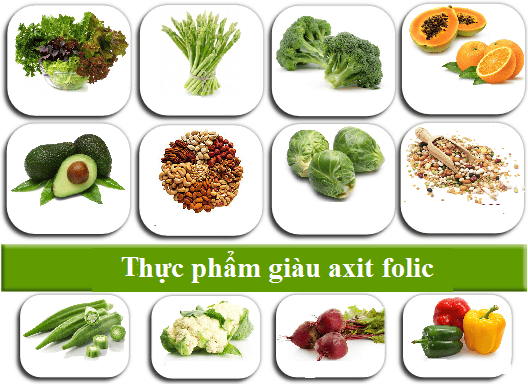
Nutrition is essential for pregnant women’s health as well as the development of the baby from the womb to adulthood. If pregnant women do not meet their nutritional needs, the fetus will experience slow development due to poor nutrition. Improving the growth of the fetus and young children can significantly reduce the incidence of diseases in later stages of life.
Pregnant women will experience changes in body weight. This change is due to weight gain in pregnant women along with the fetus and placenta. To meet this changing demand, pregnant women should gain an average of 10-12kg during pregnancy.
– Nutritional needs during pregnancy
The energy and nutritional needs for pregnant women are higher than when not pregnant.
- Energy: When pregnant for 3 months, pregnant women should consume more food to provide an additional 360 kcal/day. In the last 3 months, they should increase their intake by about 475 kcal/day.
- Protein: The protein requirements for pregnant women increase by 15g/day for the first 6 months and 18g/day for the last 3 months. Animal protein is the main source of protein.
- Fat: The fat requirements for pregnant women account for about 20-25% of the total energy intake, which is about 60g of fat/day. Fats not only provide energy but also help to dissolve fat-soluble vitamins.
- Vitamins: vitamin A (500mcg/day), vitamin D (5mcg/day), vitamin B12 (2.6mcg/day), Vitamin B1(1.4mg/day), vitamin C (80mg/day), folic acid (600mcg/day)
- Minerals: Calcium (1,000mg/day), iron (increase from 15 – 30 mg/day compared to non-pregnant state), Zinc…
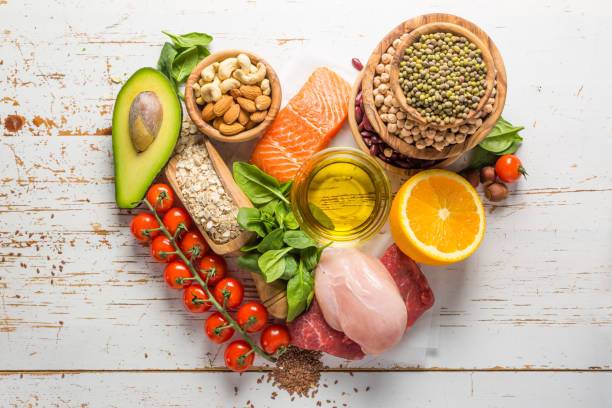
– Recommended foods for pregnant women
Milk and dairy products
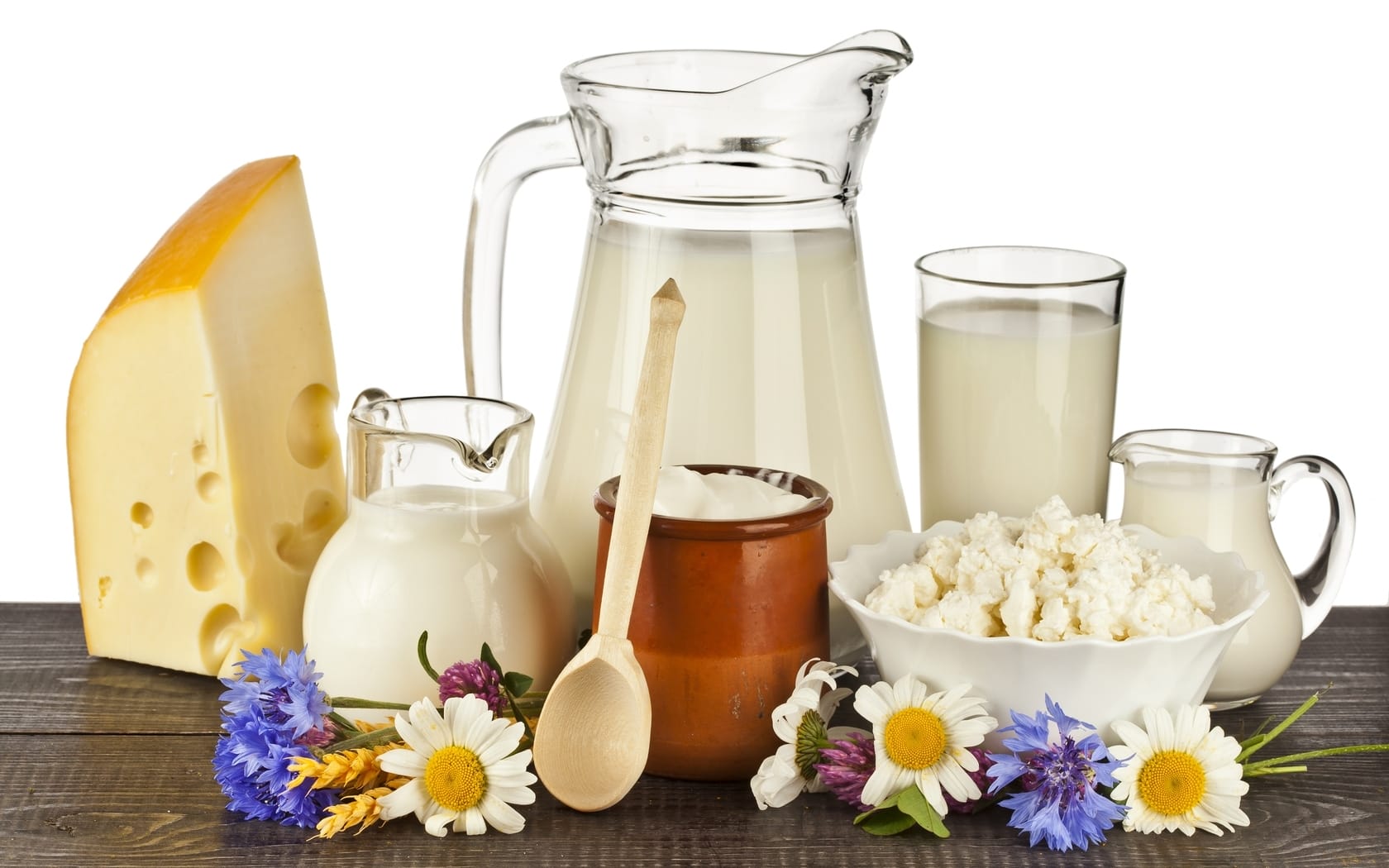
During pregnancy, mothers need to consume more protein and calcium to meet the needs of the developing fetus. Dairy products contain two high-quality proteins: casein and whey. In addition, milk is the best source of calcium in the diet, along with providing phosphorus, B-group vitamins, magnesium, and high zinc levels.+
Greek yogurt, in particular, is a highly beneficial nutritious food for pregnant women. It contains more calcium than most other dairy products. It also provides beneficial probiotics and supports digestive health. People who cannot tolerate milk sugar can still tolerate yogurt, especially yogurt that contains beneficial bacteria. Supplementing with probiotics during pregnancy can reduce the risk of complications such as pre-eclampsia, gestational diabetes, vaginal infections, and allergies.
Legumes
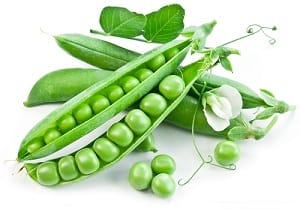
This food group includes lentils, peas, green beans, soybeans, and peanuts. Legumes are an excellent source of fiber, protein, iron, folic acid, and calcium. Folate is one of the important B vitamins for the health of both the mother and the fetus, especially in the first trimester of pregnancy. However, most pregnant women do not consume enough food to meet the recommended folate intake during this period.
A folate deficiency during this stage can be associated with an increased risk of neural tube defects and low birth weight. Most types of legumes have high levels of folate. In a cup of lentils, green beans, or black beans, it can provide 65-90% of the recommended intake. Moreover, these legumes also contain a lot of fiber and other minerals such as iron, magnesium, and potassium, which are good for pregnant women.
Sweet potatoes
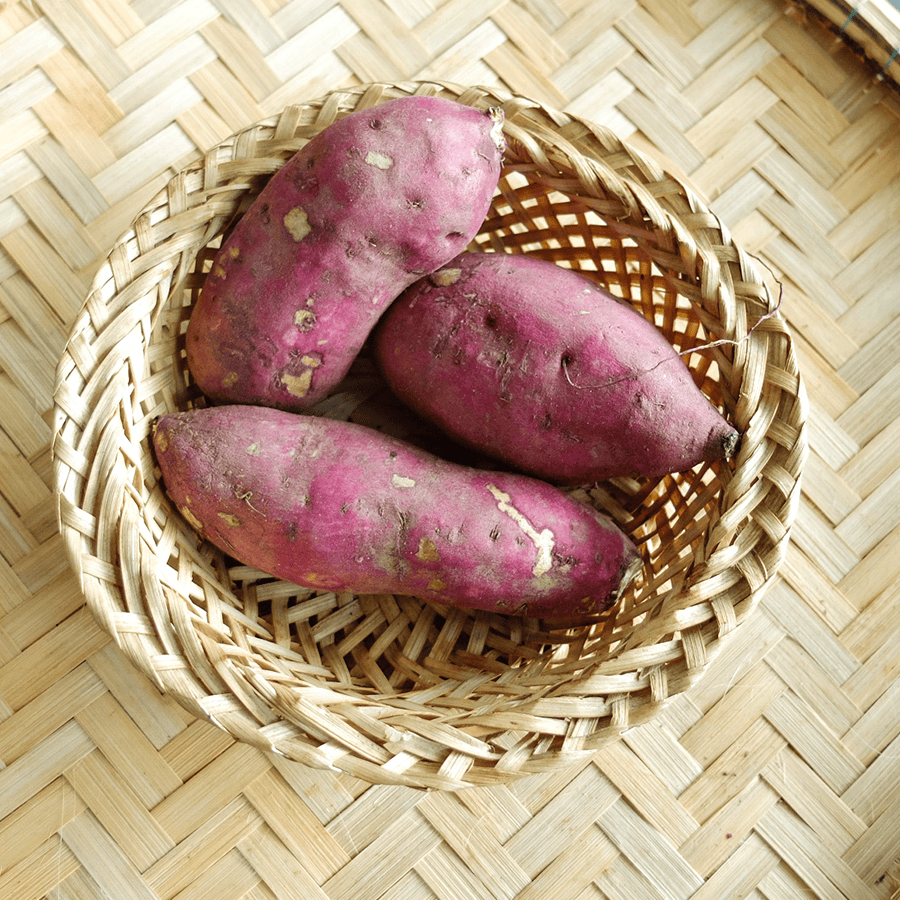
Sweet potatoes are rich in beta-carotene, a precursor of vitamin A derived from plants. When supplied to the body, it is converted into vitamin A, which is essential for the growth and differentiation of most cells and tissues. It is also important for the development of the fetus.
Pregnant women are often advised to increase their vitamin A intake by 10-40%. However, they are also advised to avoid sources of vitamin A from animals as it can be toxic when consumed in excess. Therefore, beta-carotene from sweet potatoes is an excellent supplement for both the baby and the mother. Additionally, sweet potatoes are high in fiber, which helps to fill you up and reduce blood sugar spikes, improve digestion, and promote bowel movements.
Salmon
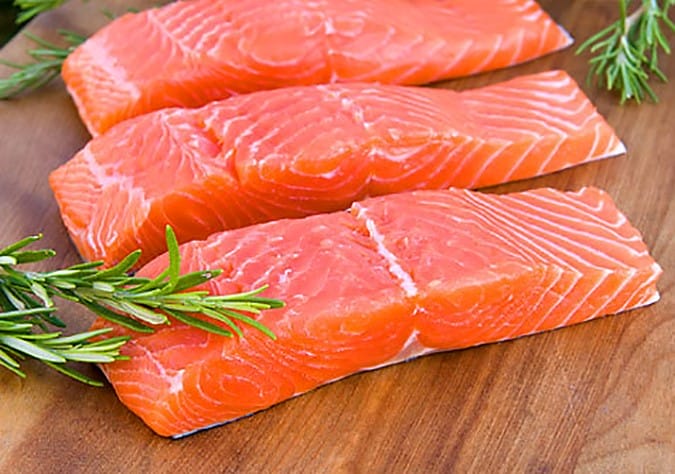
Salmon is rich in omega-3 fatty acids, which are essential for the body. Most people, including pregnant women, do not consume enough omega-3 fatty acids from their diet.
Omega-3 fatty acids are important during pregnancy, especially long-chain omega-3 fatty acids such as DHA and EPA. These two compounds play a role in the development of the baby’s brain and eyes. They are found in large quantities in seafood. However, pregnant women are usually advised to limit seafood consumption to twice a week due to mercury and pollution concerns. This has led some women to completely avoid seafood, resulting in a limited intake of omega-3 fatty acids in their diet.
Studies have shown that pregnant women who consume 2-3 servings of fatty fish per week achieve the recommended intake of omega-3 fatty acids and increase the concentration of EPA and DHA in their blood. Moreover, salmon is one of the few natural sources of vitamin D, which is often lacking in the diet. It is important for metabolic processes in the body, including bone health and immune function.
Eggs
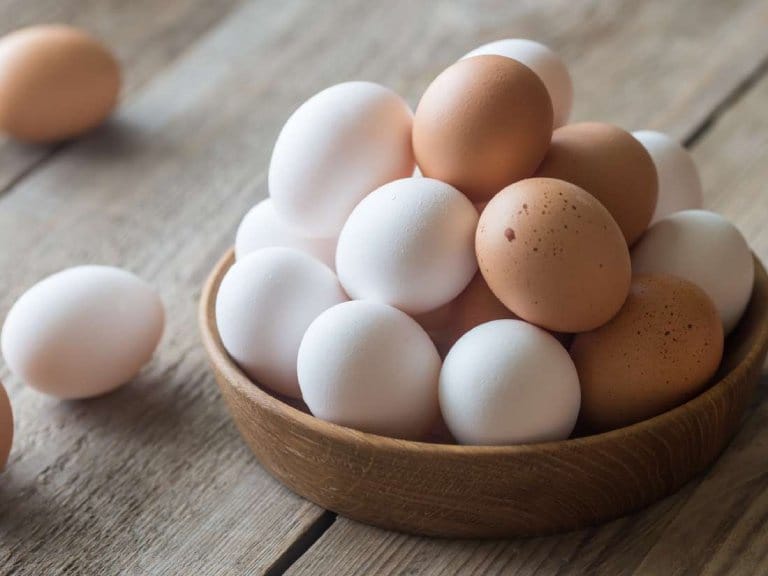
Eggs are one of the healthiest foods as they contain almost all the nutrients the body needs. One large egg contains 77 kcal, as well as protein, fat, minerals, and high levels of vitamins. Additionally, eggs are an excellent source of choline, which is essential for many processes in the body, including brain development and maintenance of brain health. A low choline intake during pregnancy can increase the risk of neural tube defects and lead to reduced brain function in the fetus. One whole egg contains about 113 mg of choline, accounting for about 25% of the recommended intake for pregnant women (450 mg).
Dark Leafy Greens
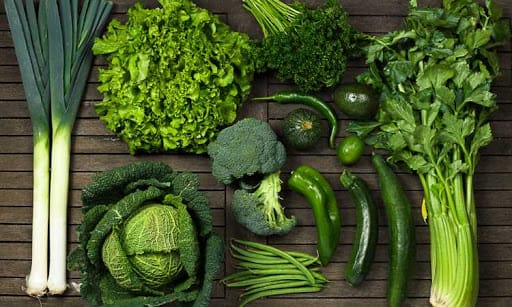
Dark leafy greens such as kale, spinach, and broccoli are packed with nutrients that pregnant women need. They provide fiber, vitamin C, vitamin K, vitamin A, calcium, iron, folic acid, and potassium. Moreover, dark leafy greens are rich in antioxidants. They also contain plant-based compounds that are beneficial for the immune and digestive systems.
Due to their high fiber content, these vegetables help prevent constipation, which is a common problem in pregnant women. Also, consuming these vegetables is associated with a reduced risk of giving birth to a baby with low birth weight.
Lean Meat
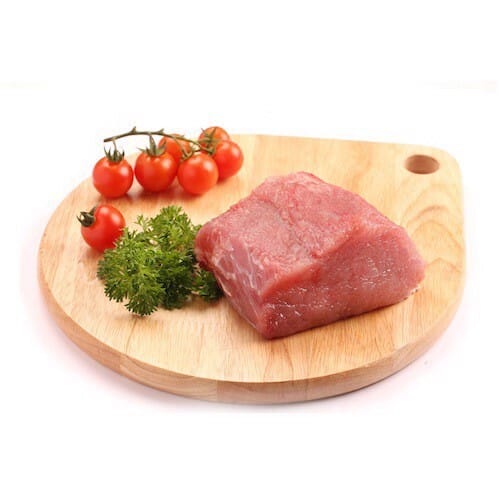
Beef, pork, and chicken are high-quality protein sources. Moreover, beef and pork are also rich in iron, choline, and B-group vitamins. All of these nutrients are essential for pregnant women.
Iron is an essential mineral used by red blood cells as part of the blood pigment. It is crucial for delivering oxygen to all cells in the body.
Pregnant women need more iron because the amount of blood during this period increases. Providing iron is particularly important in the last 3 months of pregnancy. Low iron levels in the first 3 months and the middle 3 months of pregnancy can cause iron deficiency anemia, which can double the risk of premature birth and low birth weight.
Therefore, it is necessary to provide adequate iron intake for pregnant women and use foods rich in vitamin C to enhance iron absorption from meals.
Fish Liver Oil
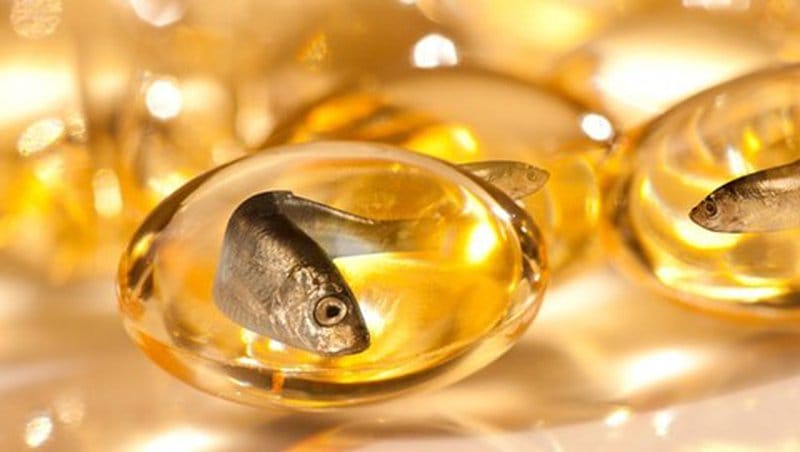
Fish liver oil is made from the liver of fish, usually cod. Fish oil is rich in omega-3 fatty acids EPA and DHA, which are necessary for the development of the baby’s brain and eyes. In addition, fish oil is also rich in vitamin D.
A low level of vitamin D is associated with pre-eclampsia. This potential dangerous complication is characterized by high blood pressure, swelling of hands and feet, and protein in the urine.
A serving of fish oil (15ml) provides more omega-3 fatty acids, vitamin D, and vitamin A than the recommended daily intake. It is not recommended to consume more than one serving per day. Too much pre-formed vitamin A can be dangerous for the baby. Additionally, high levels of omega-3 fatty acids can thin the blood.
Berries
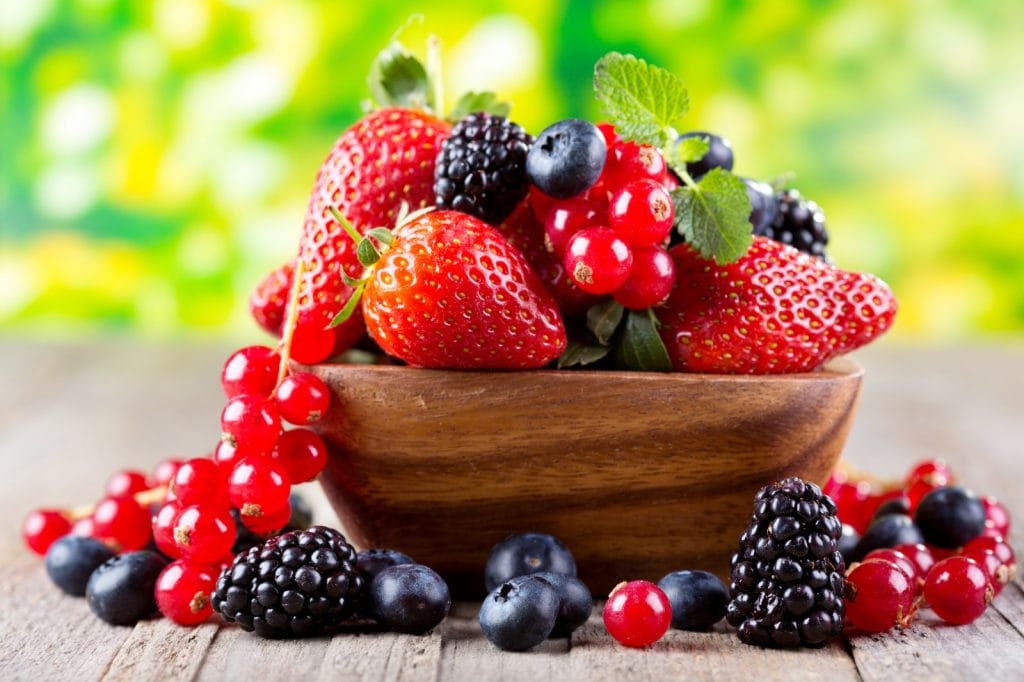
Berries are high in water, healthy carbs, vitamin C, fiber, and antioxidants. They often have high levels of vitamin C, which helps the body absorb iron. Vitamin C is also important for skin health and immune function.
Berries have a relatively low glycemic index, so they do not cause large spikes in blood sugar levels.
Berries are also a great snack food. As they are rich in both water and fiber, they provide taste and nutrition with relatively low calories.
Whole Grains
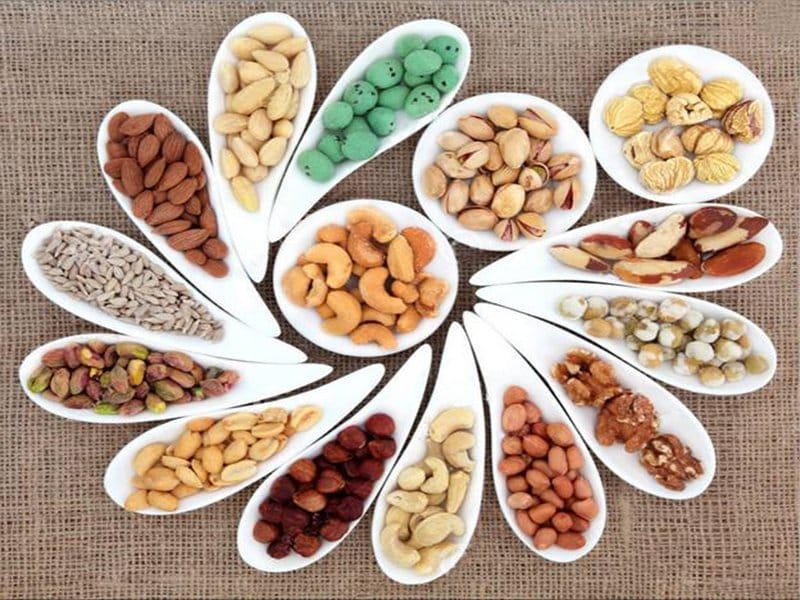
Eating whole grains can help pregnant women meet their increased calorie needs, especially during the middle 3 months and the last 3 months of pregnancy. Unlike refined grains, whole grains contain more fiber, vitamins, and other plant compounds.
Oats and quinoa are among the whole grains that provide a moderate amount of protein, which is important during pregnancy. In addition, whole grains are often rich in B vitamins, fiber, and magnesium. All of these nutrients are lacking in the diet of pregnant women.
Avocado
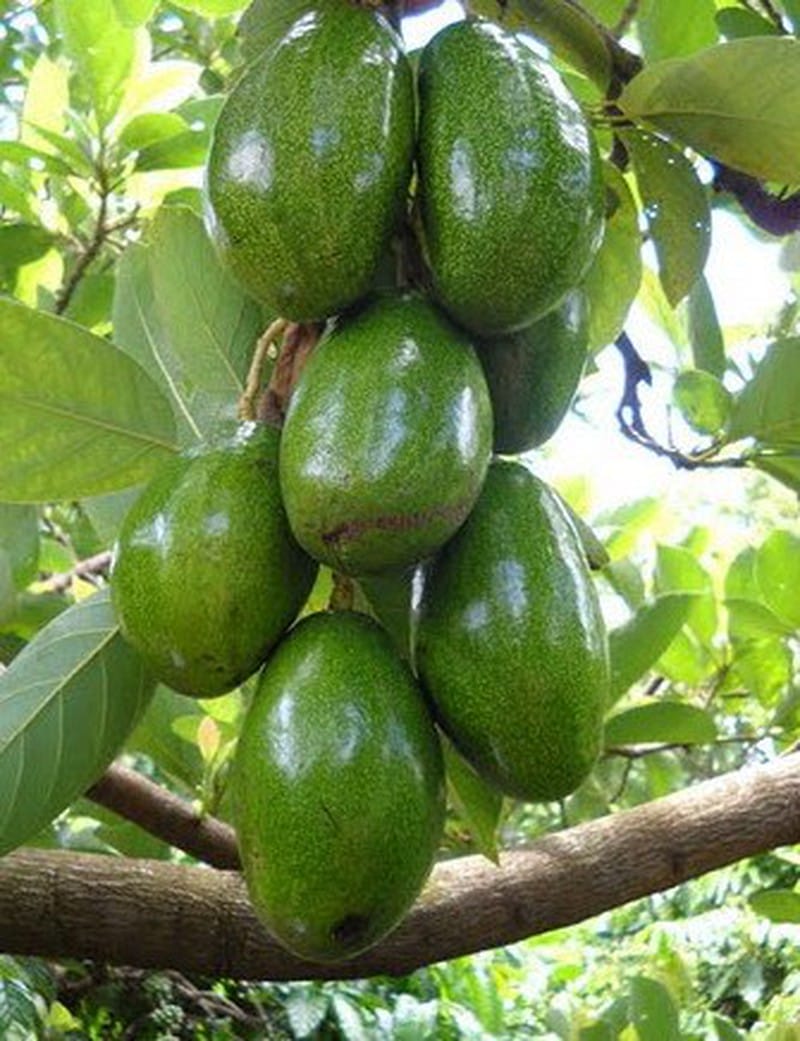
Avocado is a unique fruit because it contains a high amount of monounsaturated fatty acids. Moreover, it is a source of fiber and vitamins such as B-group vitamins (folate), vitamin K, potassium, copper, vitamin E, and vitamin C. Due to its fat content, folate, and potassium levels, avocado is an excellent choice for pregnant women.
The healthy fats in avocado help build the baby’s skin, brain, and tissues. Folate can help prevent neural tube defects. Potassium can help reduce leg cramps, a common side effect of pregnancy for some women. And particularly, avocado has higher potassium content than bananas.
Water
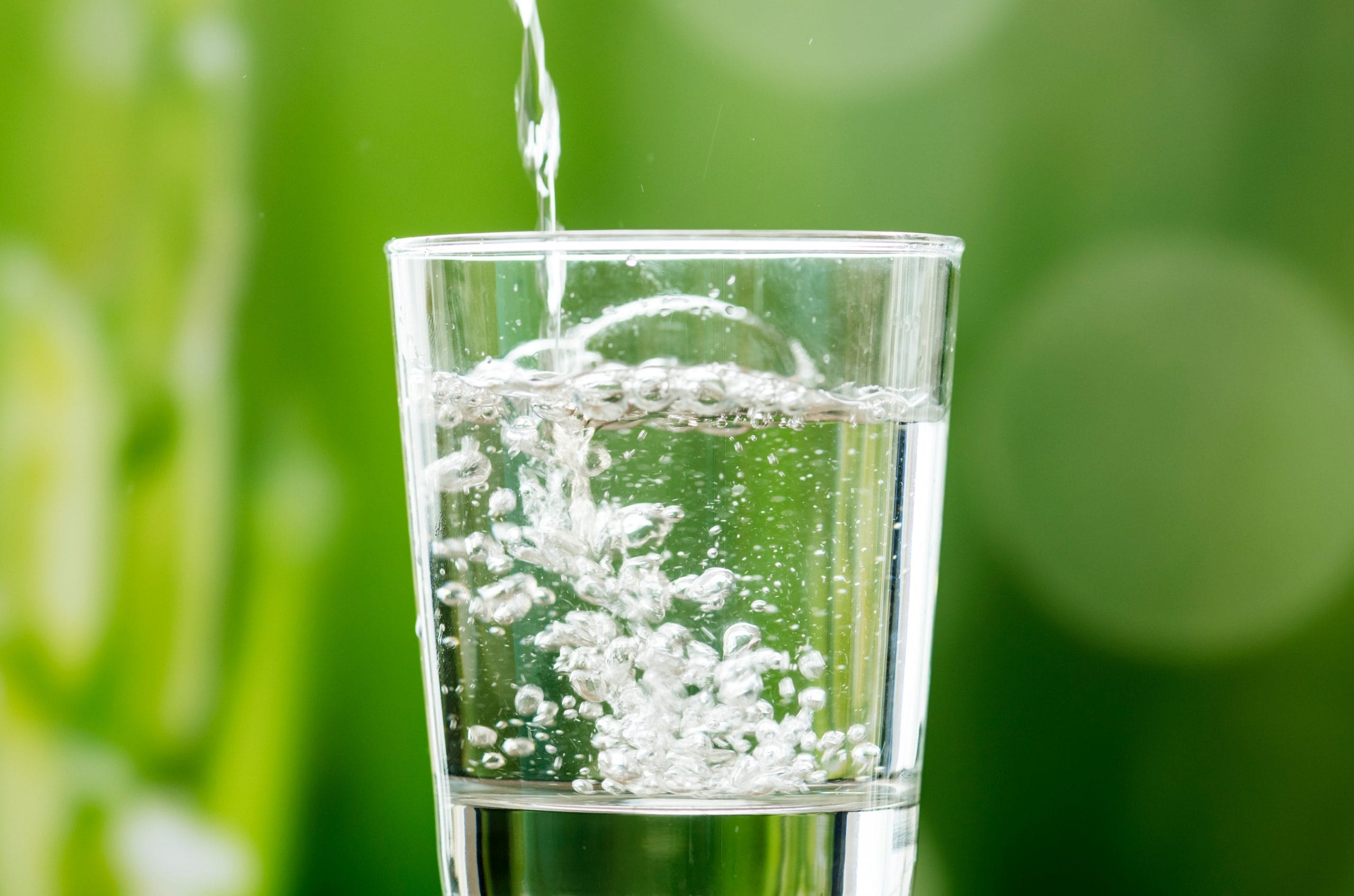
When pregnant, the amount of blood in a woman’s body increases. Therefore, it is important for pregnant women to stay properly hydrated. Mild signs of dehydration include headaches, anxiety, fatigue, mood swings, and reduced memory. Moreover, increasing water intake for pregnant women can help reduce constipation and reduce the risk of urinary tract infections.
Meohay.vn ST
































